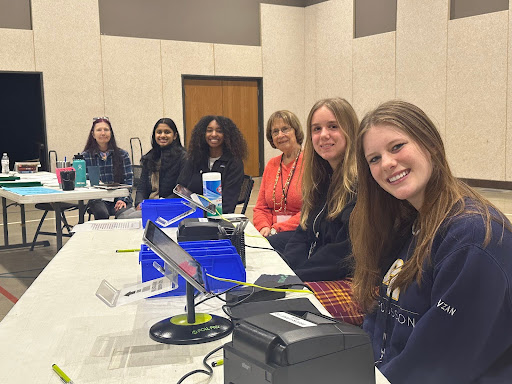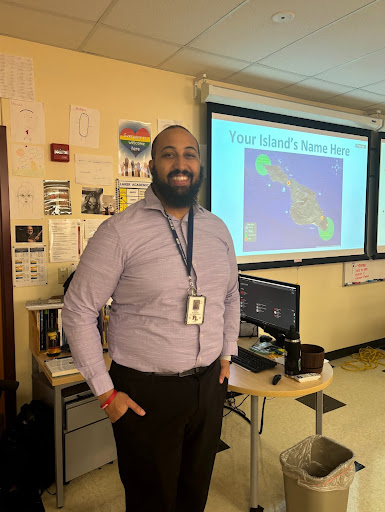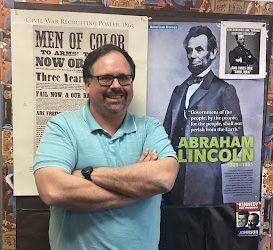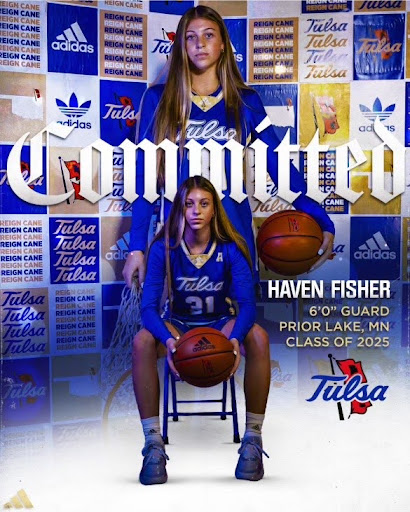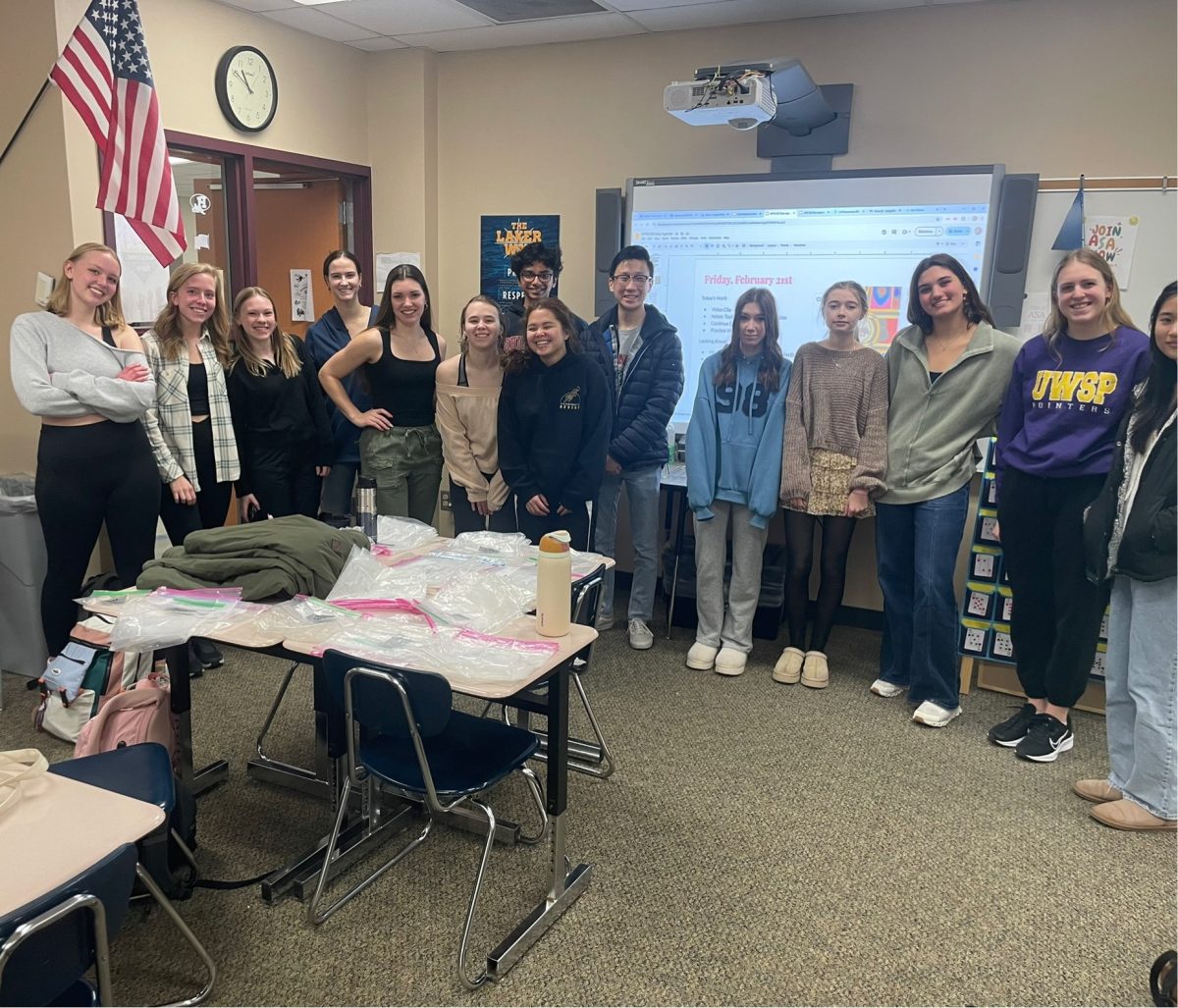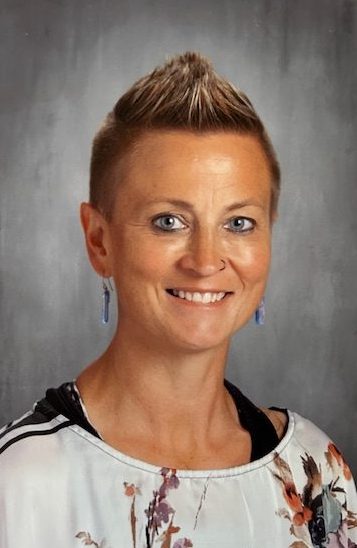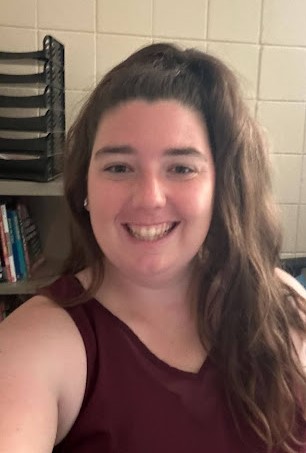One of the many events occurring this year will be the Presidential Election. However, before the general elections in November, Minnesota holds two primary elections.
One was already held on March 5th, 2024, and the next is scheduled on August 13th, 2024.
There are differences between the primary elections and the general elections in Minnesota. Interestingly, in primary elections, voters choose their party’s ballot and pick their preferred candidate. After tallying these votes, the state awards delegates to the winners.
By September 10th, the end of America’s primary election season, the candidate with the highest votes from each major party will appear on the ballot for the general election.
To cast a ballot, voters go to their assigned precinct based on their permanent residence. These precincts are run by election judges who help guide voters through the voting process, which is where our Prior Lake students get involved.
This year, AP US Government and Politics teacher, Christopher Gaudette, and the City of Prior Lake created an opportunity for students to become election judges.
Many students supported the idea, explaining that they were interested in helping in the primary election and learning about the voting process.
The idea blossomed, and around thirty AP Gov students gathered on February 26th to complete their election judge training in Mr. Gaudette’s classroom.
On primary day, students helped staff their assigned precinct working shifts from 6:00 AM to 12 PM or 8:00 AM to 2:00 PM. Some students even remained until the end of voting hours at 8:00 PM.
On the day of the primary, those who arrived at 6 AM set up the precinct by putting up voting booths, connecting poll pads, counting the ballots, and setting up the tabulator (a machine that processes how many votes have been counted or cast).
Since this was the first primary election, voter turnout was slim, but this allowed students to use their free time to do school work or get to know their fellow election judges.
Finn Pauna, who worked at the precinct at St. Michael’s Catholic Church, was one of the many who volunteered.
He explained that besides helping voters out, he enjoyed “getting to know a bunch of new people and sharing interests. That’s what it was more about.”
People swapped between stations throughout the day to get comfortable with each role, and the precincts bustled during lunchtime and after work.
Other than helping citizens vote for their designated party and delegate, the day was mostly filled with laughter and getting to know one another.
Pauna said he enjoyed the experience and stated that despite not knowing any other election judges, being himself helped him connect with them.
Anytime the public is involved, minor issues arise, but the head election judge resolves them quickly.
Precincts closed at 8 PM and, in the end, most students explained that the day was long, but it was a good experience for them.
Those who stayed until eight helped close by packing up voting booths, disassembling polling pads and the tabulator, and signing their time on the timetable.
Ultimately, everyone said goodbye, gave their best wishes, and even exchanged hugs.
Jenna Anderson, another student election judge, explained her experience, stating it “was more informal than I thought. So there was no reason to be stressed out.”
Overall, the City of Prior Lake was amazed at the number of students who volunteered to be election judges.
Students expressed that they loved it and recommended it to future students. Overall, it was a great experience, and the city hopes to attract more younger people interested in becoming election judges from this event.
Future AP Government students interested in understanding how our government’s election system works should consider this opportunity.
If any students have questions about election judging, please ask Mr. Gaudette.



